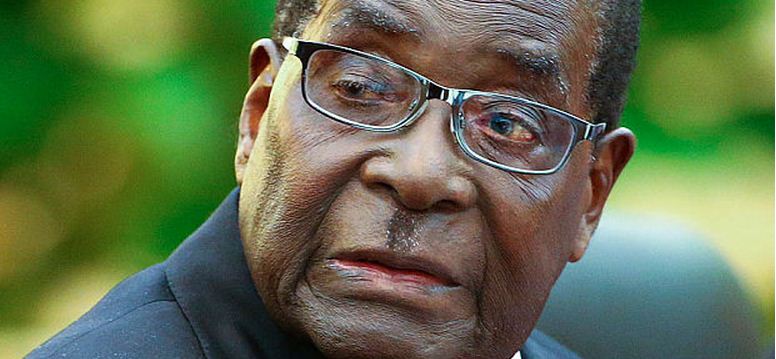
PRESIDENT Robert Mugabe is expected to meet with business leaders before year end to get an understanding of the challenges that the industries are facing as the sector continues on a free-fall, a Cabinet official has said.
VICTORIA MTOMBA BUSINESS REPORTER
Speaking at a Confederation of Zimbabwe Industries breakfast meeting yesterday, Industry and Commerce minister Mike Bimha said government was aware of the challenges that the industrial sector was facing and they were well documented.
“At Cabinet, you get time to talk to the President about your ministry. Mine came at 7:30pm yesterday [Tuesday night]. I told the President before year end, we would want captains of industries to come and see you and talk to you about the economy. And he said they were welcome and that would have been done yesterday. Then you can tell the story and how you see it,” Bimha said.
The performance of the economy has been one of the major challenges that the Zanu PF government has been battling since it came into power in August last year after winning the presidential and parliamentary elections.
Bimha said in the sea of gloom and doom, some companies were not being innovative, but continuing to invest and upgrade production processes to improve efficiencies.
“Critically of course, and while some companies continue lamenting at the inconducive operating environment that we are operating under, others have taken the bold steps of making hay while the sun shines,” he said.
Bimha was referring to the developments in the clothing sector, bakeries and the beverages sectors that were performing at better levels as compared to the manufacturing sector.
- Chamisa under fire over US$120K donation
- Mavhunga puts DeMbare into Chibuku quarterfinals
- Pension funds bet on Cabora Bassa oilfields
- Councils defy govt fire tender directive
Keep Reading
The manufacturing sector is facing capital shortages, low confidence, poor industrial linkages, low productivity, lowering the cost of doing business, porous borders, lack of accountability by local authorities and parastatals.
Capacity utilisation for the manufacturing sector currently stands at 36,3% and has been on a downward trend since 2011.
Companies are struggling to stay afloat with statistics showing that at least 5 000 workers had lost their jobs in the period January to July.
This is in addition to the over 9 000 that lost their work after 75 companies failed to reopen for business this year after the Christmas break.
The economy has been deteriorating since it adopted the multi-currency in 2009 and the weakening of the rand is affecting the economy as Zimbabwean products are now less uncompetitive.
In a bid to revive the economy, government launched a five-year blueprint, the Zimbabwe Agenda for Sustainable Socio Transformation. The plan requires $27 billion.











